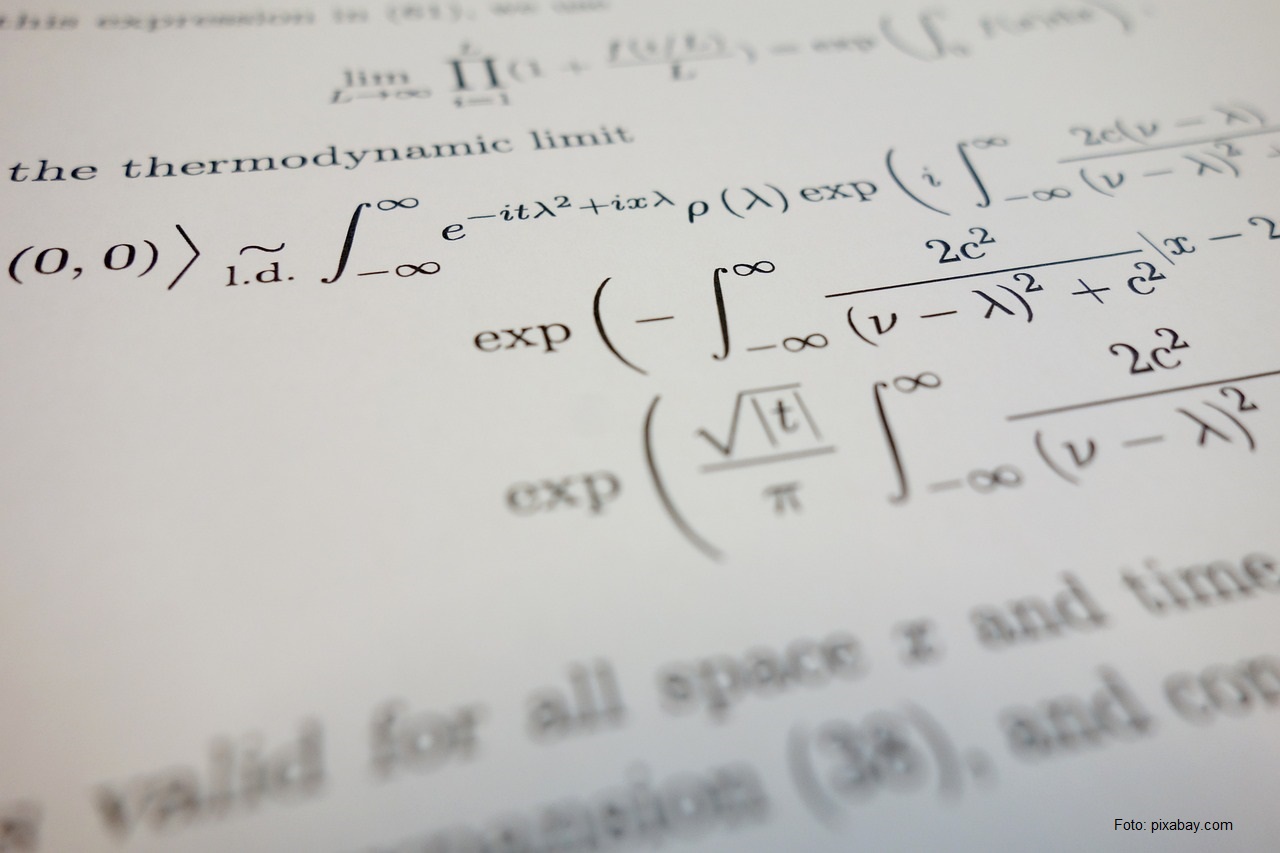Simon Stoilow and the collaborationist intellectuals in the communist regim
The totalitarian regimes, such as fascism and communism, benefitted from the support of certain intellectuals. They had various reasons to do that, as some of them collaborated having antifascist feelings, some were upstarts and others had the ambition to carry out the plans they had dreamt of. They were all rewarded according to their commitment to the ideology of the regime. One of the collaborationists was mathematician Simon Stoilow.

Steliu Lambru, 08.04.2019, 15:34
The totalitarian regimes, such as fascism and communism, benefitted from the support of certain intellectuals. They had various reasons to do that, as some of them collaborated having antifascist feelings, some were upstarts and others had the ambition to carry out the plans they had dreamt of. They were all rewarded according to their commitment to the ideology of the regime. One of the collaborationists was mathematician Simon Stoilow.
Born in Bucharest in 1887, Stoilow founded the Romanian school of complex analysis and set forth the topological theory of analytic functions. He got his PhD in mathematics in Paris and was a professor at the universities of Iasi, Cernauti and Bucharest and at the Polytechnic University of Bucharest. A sympathizer of the Social-Democratic Party, after 1945 he joined the Romanian Communist Party.
His former student, Solomon Marcus, said in an interview to Radio Romania’s Oral History Centre in 1998 that the option for communism of many intellectuals at the end of World War II had been one of conviction and inability to understand its follow-ups: “In the 1950s and the first half of the 1960s, communism meant first of all Stalinism, that is personal dictatorship, Stalin’s personality cult and imposing an ideology. But what did communism mean in the second half of the 1940s? For a whole range of intellectuals, not for all of them though, but let’s say for my professors, communism meant antifascism in the first place. It meant that for Stoilow, for instance, for Vranceanu…Some of them were rightists. Gheorghe Vranceanu for instance, the great Romanian geometrician, was a liberal politician, who in 1945, 1946 and 1947 published liberal articles and envisaged a liberal regime, a liberal policy in Romania. At that time, he had communist colleagues and Stoilow was his friend. The latter had joined the Communist Party shortly after 1944. Communism was regarded as antifascism in the first place. And there were many intellectuals who believed that was the best response to Hitler, Nazism and the Iron Guard at that time.”
At the end of World War II, no return to democracy and liberalism was envisaged in Romania and in the other Soviet Union-occupied countries, but a new utopist experiment: the communist ideas. The communist message targeted the young generations in particular. Simon Stoilow, as rector of the University of Bucharest, opened the 1946 academic year.
Solomon Marcus has more: ”In the Law School’ s auditorium, one of the floors was packed with young students affiliated to the historical parties, peasants and liberals, while another floor was packed with youngsters brought over by the communist party. Otherwise the audience was a mixed one. And what I recall is that people on one of the floors were shouting, “King and country!”, while those on the other floor were chanting “The King and the People !” And here is what, among other things, Stoilow said in his opening speech of the academic year: ‘We’ve emerged from a period in our history that can rightfully be compared with a very serious and long disease, a murky period of time, during which the political and material blows that we received had been very cruel, while our hearts and minds were hit even harder.’ And here is what he also said, about the aftermath of the war, with all its material and spiritual consequences: ‘We are all guilty for it, those who adhered to barbarian ideologies, and also those who, showing too much confidence in the triumph of reason through the game of the natural laws alone, isolated themselves in the peace and quiet of their study and dedicated themselves exclusively to their own specialized work.”
Solomon Marcus talks about how collaborationist intellectuals, should be regarded today: ”Each of them needs to be judged separately. The thing is that Rosetti and Stoilow saved many people from going to prison. I must say that as early as the first cleansing activities, Stoilow wrote a memorandum in which he included the names of several professors whose names should not have been on the list. One of them was a professor with the Pharmacy Faculty, while the other with the Law School. I remember, for instance, that Professor Radu Rosca was sentenced to many years in prison, he had signed a memorandum addressed to Antonescu, but there was nothing he could do about it, although Stoilow knew Gheorghiu-Dej personally. But he did manage to do something for another mathematician, Davidoglu, who had been jailed for being a landowner and there were not political issues involved. At one point, he succeeded to get him out of prison. Then he was also successful in a number of less serious circumstances, such as in the early 1950s, when several teaching assistants and lecturers were expelled on account of their origins. In their case, he succeeded to have them redistributed to the Academy’s Institute of Mathematics. Simion Stoilow died in 1961, on the stairs of the Communist Party’s central committee, where he used to go very often, to try put a word for innocent people, such as young teaching assistants who were expelled from faculties, people who were banned from travelling abroad, people who were prevented from completing their PhD. “
Very often, history judges the past as a whole. And, more often than not, individual good deeds are overshadowed by the great ideological catastrophes.






























